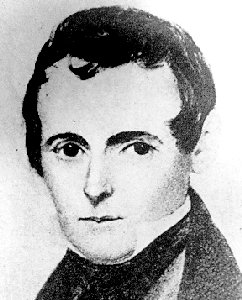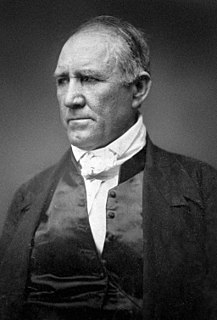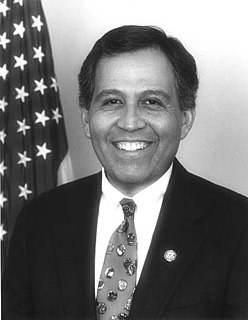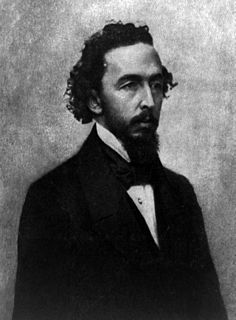A Quote by William H. Wharton
In addition to the dread of Indians, Texas held out no inducements for Mexican emigrants.
Related Quotes
We need to give out portrayal of ourselves. Every non-Indian writer writes about 1860 to 1890 pretty much, and there is no non-Indian writer that can write movies about contemporary Indians. Only Indians can. Indians are usually romanticized. Non-Indians are totally irrepsonsible with the appropriation of Indians, because any time tou have an Indian in a movie, it's political. They're not used as people, they're used as points.
A Pike, in the California dialect, is a native of Missouri, Arkansas, Northern Texas, or Southern Illinois. The first emigrants that came over the plains were from Pike County, Missouri; but as the phrase, 'a Pike County man,' was altogether too long for this short life of ours, it was soon abbreviated into 'a Pike.'
A regular council was held with the Indians, who had come in on their ponies, and speeches were made on both sides through an interpreter, quite in the described mode,--the Indians, as usual, having the advantage in point of truth and earnestness, and therefore of eloquence. The most prominent chief was named Little Crow. They were quite dissatisfied with the white man's treatment of them, and probably have reason to be so.
There is a heavy Mexican Catholic streak in my movies, and a huge Mexican sense of melodrama. Everything is overwrought, and there's a sense of acceptance of the fantastic in my films, which is innately Mexican. So when people ask, 'How can you define the Mexican-ness of your films?' I go, 'How can I not?' It's all I am.

































